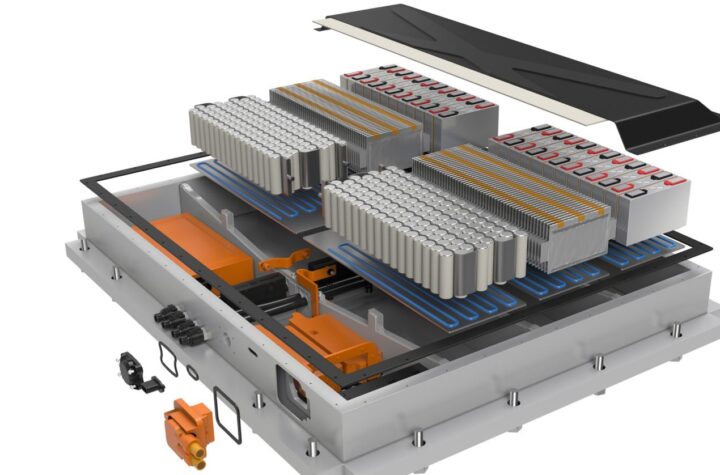
Specialty chemical producer Rhodia has diversified its sources for rare earth materials to ensure their availability for the growing demands of its global customers. These mixed oxides and aluminas are used in virtually all automotive emissions control systems, and in many other applications.
Earlier this year,, Rhodia and Lynas Corporation (Sydney, Australia) reached major commercial and technical agreements in connection with rare earth materials supply, mined from Mt. Weld operations in Western Australia. Rare earths from Mt. Weld will be separated at Lynas’ Advanced Materials Plant, now under construction in Kuantan, Malaysia.
Initially, this project will put 11,000 tons of additional rare earth products on the market by 2011. In a second step, it is anticipated that more than 20,000 tons of rare earth products will be made available.
Olivier Touret, business unit director for Rhodia’s Electronics and Catalysis business, explained advantages of the Lynas agreements at the Society of Automotive Engineers World Congress in Detroit. “Rhodia is uniquely qualified to assist Lynas in the separation and production of rare earth products as we already operate plants in the United States, France, China and Japan,” he said. “In fact, Rhodia is the only supplier of rare earth products to operate facilities both inside and outside of China. The 10-year contract with Lynas assists both the strategic planning for our customer relationships, as well as product development for both our companies.”
Both Rhodia and Lynas anticipate that cooperation on the development of the separation process and production of advanced materials will result in a reduction in risk, as well as accelerated commissioning and ramp-up of the manufacturig facility. leading to more assured, on-specification product deliveries to Rhodia.
According to Touret, “Our materials are critical elements in just about every automotive emissions control technology on the road now, or contemplated for development. As the global automotive industry adopts new generations of gasoline and biofuel internal combustion engines, as well as new hybrid, electric and diesel technologies, we will be ready to serve our customers.”.
“Automotive emissions control is a continually evolving market and our agreements with Lynas will allow us to continue investing in innovation, in close collaboration with our customers,” he added.












More Stories
DuPont materials science advances next generation of EV batteries at The Battery Show
How Modern Power Management Enhances Connected Fleet Tech
Automotive Industries interviews Bahar Sadeghi, Technical Director, Car Connectivity Consortium (CCC)